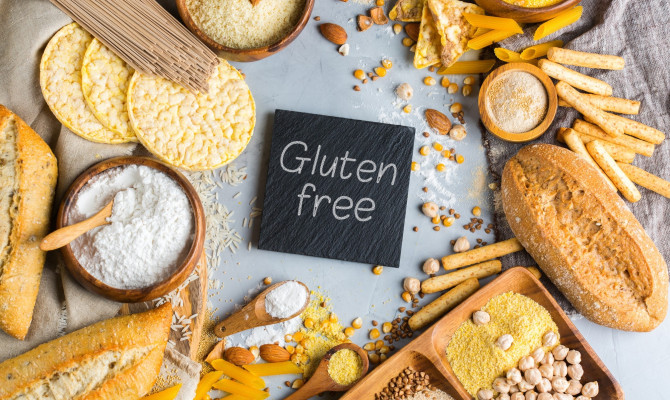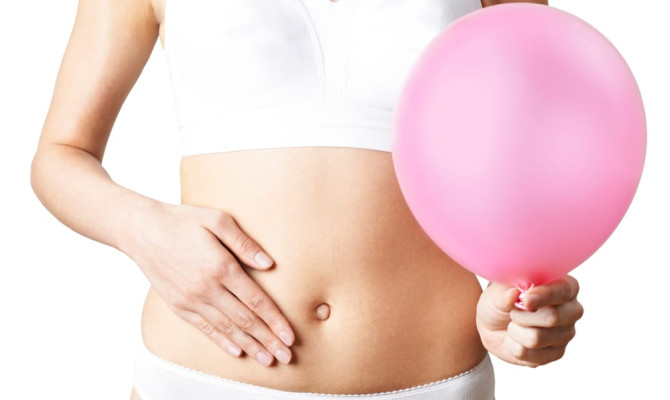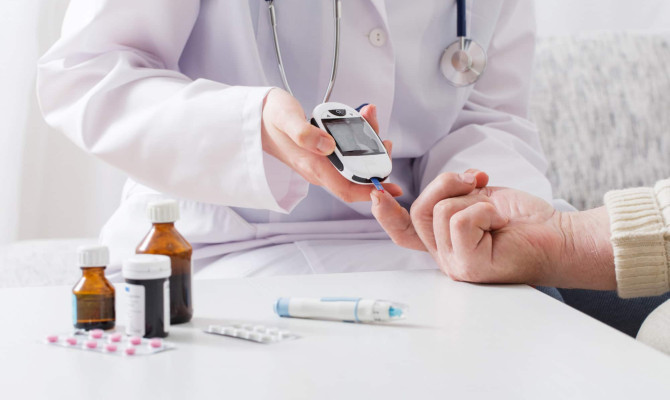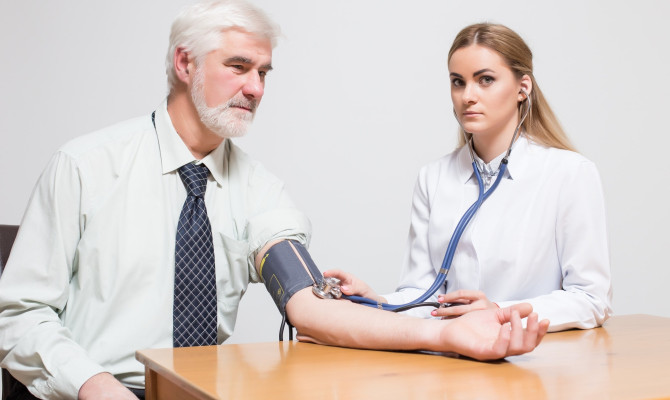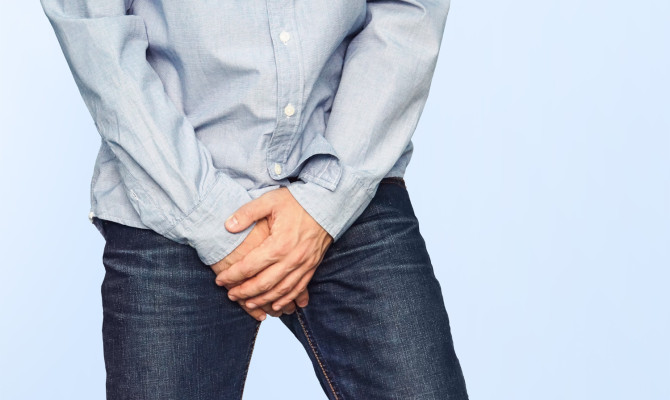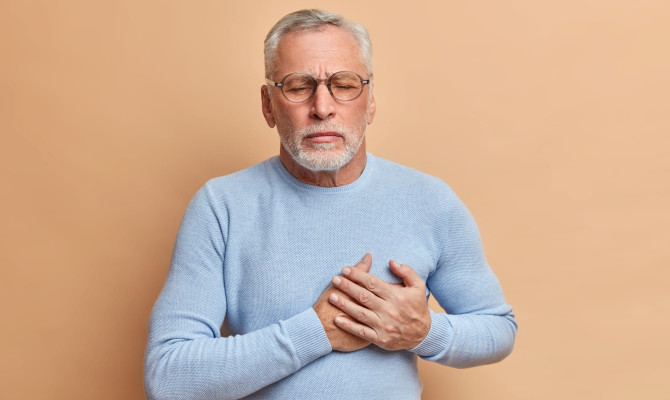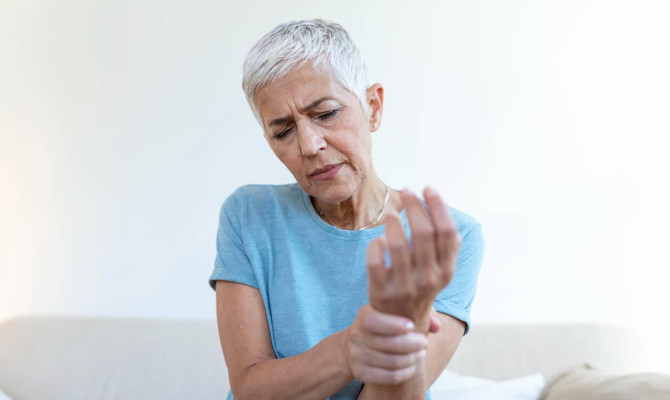Causes & Home Remedies For Constipation During Period

- Constipation
- 13 Oct 2023
Introduction
Constipation During Period
The hormonal changes that occur with a woman’s menstrual cycle often have unpleasant side effects. Unfortunately, constipation is frequently one of them. Constipation may be lessened or prevented with certain dietary and lifestyle modifications. Even though digestive discomfort may be a typical menstrual period symptom, it’s important to rule out any underlying medical conditions and to know when to consult a doctor when it occurs. 1 Introduction | Researched based study from National Institutes of Health
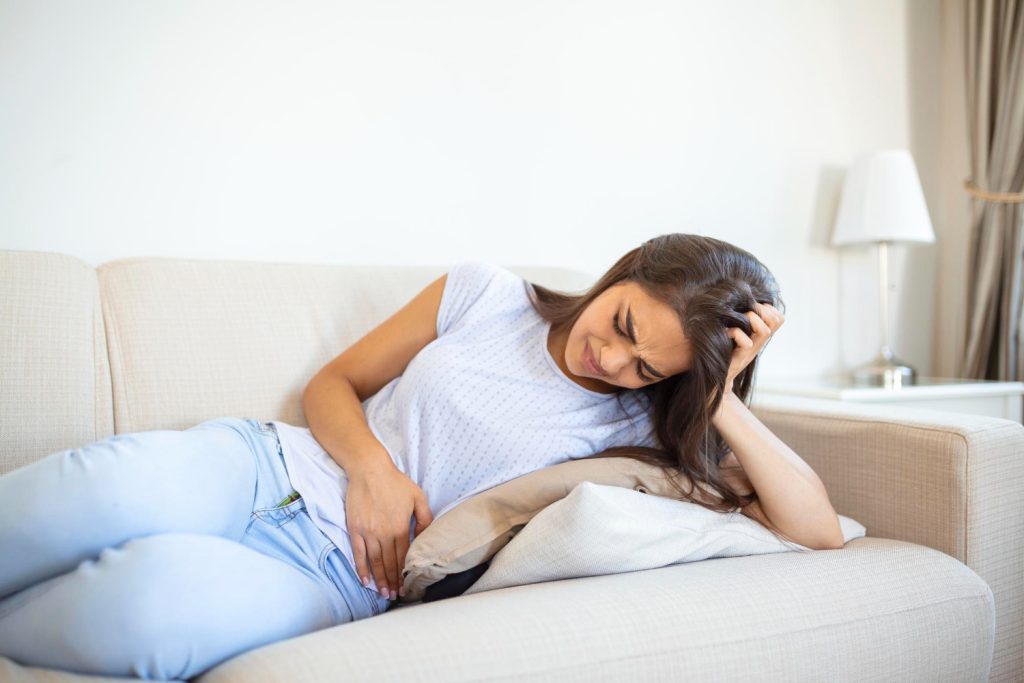
Constipation
What is Constipation?
- Constipation happens when feces are challenging to evacuate and your bowel movements become less frequent.
- The most frequent causes are dietary or routine changes, a lack of appropriate fiber intake, or both.
- It occurs because your colon (large intestine) takes in too much water from your feces, drying it out and making it difficult to expel out of your body, generally, associated with signs that include bloating, stomach pain, dry, hard/lumpy stools, trouble passing stools, and/or discomfort. 2Understanding Constipation | Researched based study from Cleveland Clinic
How does Constipation occur?
- Constipation results from the large intestine’s colon absorbing too much water from feces.
- Your excrement becomes harder and more challenging to push out of your body as a result of this drying out process.
- When you eat, the nutrients are generally slowly absorbed by your intestines as the food passes through your digestive tract.
- The waste, or partially digested food, which moves from the small to big intestines, produces your feces.
- This waste becomes more solid in your intestines after absorbing water from it.
- Constipation can cause food to pass through your digestive system too slowly. This allows your colon an excessive amount of time to absorb water from the waste which leads to dryness, hardness, and difficulty pushing the stool out of the body. 2Understanding Constipation | Researched based study from Cleveland Clinic
Constipation During Period
Why do I get Constipated During My Period?
- The hormones estrogen and progesterone, which control ovulation and menstruation, might fluctuate, which can affect bowel movements in a woman.
- Constipation is typically more likely to be brought on by this hormonal fluctuation during and immediately after ovulation.
- Progesterone levels reach their peak a week or so before your menstruation and drop quickly if an egg has not been implanted.
- PMS (premenstrual syndrome) symptoms, such as constipation during periods, are thought to start as a result of an increase in progesterone.
- Bowel contractions are reduced by progesterone’s muscle-relaxing effects which slow down and have food & gas take longer to pass through the intestines.
- Water retention brought on by higher progesterone levels can cause difficulty in women experiencing constipation.
- Women typically ovulate 14 days before the first day of their period, and at this time they may experience constipation throughout their periods, which is indicated by fewer, firmer, or looser stools, or they may experience looser or more frequent bowel movements shortly before and during their menstruation. 3 Constipation during period| Researched based study from National Institutes of Health
You may experience various digestive issues during your period, in addition to constipation which include:
- Diarrhea
- Distention
- Edema
Diarrhea
- When you start menstruation, your prostaglandin (hormone) levels rise, which causes some people to experience diarrhea.
- Take in a lot of water to avoid being dehydrated from diarrhea.
- Foods heavy in lactose, sugar, or caffeine should be avoided since they can worsen diarrhea during menstruation.
Distention
- A rise in prostaglandins might increase the likelihood of gas, which can cause distension.
- Avoid bloating-causing meals like beans and broccoli as well as fizzy beverages, which can also make you produce more gas.
Edema
- Increased estrogen and progesterone levels might result in bloating by causing salt and water retention.
- Bloating may get worse if you avoid foods high in salt. By helping the body release some of the extra fluid, adequate hydration can help alleviate edema. 1 Constipation during period | Researched based study from National Institutes of Health
How long does constipation during a period last?
- Usually, bowel abnormalities that occur right before and during a period last only a few days. The uterine walls’ development and thickness are aided by progesterone.
- This hormone tends to increase before your period, which can impede digestion and cause constipation in some women.
- Once menstruation begins and hormone levels fall, the majority of people start to feel better. 1 Constipation during period | Researched based study from National Institutes of Health
Causes
Which Hormone Causes Constipation?
- Before their period, some women endure symptoms such as stomach cramps, muscle discomfort, mood swings, and constipation every month.
- Premenstrual constipation is typically caused by progesterone.
- This particular hormone slows down the digestion process and levels surge just before the start of monthly menstruation.
- Progesterone, a naturally occurring muscle relaxant, dramatically rises right after ovulation. In essence, this causes constipation by slowing down the passage of food through the colon. 4 Causes | Researched based study from Cleveland Clinic
Treatment
How do You Fix Hormonal Constipation?
To combat constipation during your period, try the following remedies:
- Eating more fiber food
- Drinking more water
- Increase your exercise
- Avoid holding during constipation
- Reducing stress
- Using a mild laxative
Eating more fiber food
- To aid in bowel movement, fiber can make stools firmer and more substantial.
- Start slowly with fiber foods as too much fiber may result in gas or bloating.
Drinking more water
- Along with fiber, drinking more water can help your intestines move more quickly by being absorbed into the tougher stool.
- If you have trouble getting enough water into your body, you can also try consuming other drinks, fruits, or even soups.
Increase your exercise
- Constipation and premenstrual symptoms can be reduced by increasing aerobic exercise like jogging, cycling, or swimming.
- Even a little walk or a light yoga session can help things get rolling in the correct direction.
Avoid holding during constipation
- As soon as you feel the desire, visit the loo. Otherwise, waiting could cause stools to thicken and get harder to pass.
Reducing stress
- The mood swings brought on by hormonal changes throughout your cycle may make you feel stressed or more anxious, as well as increase your risk of constipation or diarrhea.
- Find methods to relax and spend time with yourself.
Use a gentle laxative
- You might find relief from constipation by using an over-the-counter (OTC) laxative, but this is only a temporary fix because some laxatives might develop a dependence.
- If your doctor advises a laxative or stool softener, ask them for their advice.
In order to make menstruation less uncomfortable, taking care of yourself and your nutrition may also assist with other digestive problems that come with your periods, such as diarrhea, and/or bloating. 3Treatment| Researched based study from National Institutes of Health
When to consult a doctor?
You probably don’t need to worry about constipation during your period if your bowel movements return to normal within a few days of the start of your period.
Consult your doctor only if constipation is persistent, interferes with your daily activities, and is associated with the following symptoms:
- Severe agony during periods
- Stool with blood
- Backache
- Bleeding excessively throughout your period
- A sharp pain in the upper legs & pelvis
- Persistent and serious digestive problems, both before and after your period
- Feeling nauseous and dizzy while on your period. 1 Treatment| Researched based study from National Institutes of Health , 2Treatment| Researched based study from Cleveland Clinic , 6Treatment| Researched based study from International Foundation for Gastrointestinal Disorders
Prevention
How do I Prevent Constipation during My Period?
Menstrual constipation may be alleviated by following the below advice:
- Avoid drinking dehydrating liquids during your period, such as alcohol and caffeine: These beverages are natural diuretics and can help you lose water weight. Your stools won’t absorb more water as a result of this. Setting water as a priority can be useful.
- Maintaining a healthy diet by placing a focus on one that is full of whole grains, fresh fruits, and veggies
- Your hormone levels can be regulated by birth control medications. This can lessen some of the more drastic fluctuations that lead to extreme constipation
Consult your doctor if constipation is starting to become the norm rather than the exception. If your attempts to cure constipation at home don’t seem to be working, they may recommend medication. 5 Prevention | Researched based study from Flo
Takeaway
Constipation During Period: Though Uncomfortable, it’s Quite Normal
- Constipation and diarrhea are examples of gastrointestinal symptoms that can be attributed to fluctuations in hormone levels throughout the menstrual cycle.
- Constipation is a common occurrence for some women during their monthly cycle, but it usually goes away during the first few days of menstruation.
- Constipation during the menstrual cycle may be caused by medical illnesses such as irritable bowel syndrome (IBS).
- Constipation during your period can be lessened or avoided with dietary and activity changes. 1 Takeaway| Researched based study from National Institutes of Health , 3 Takeaway| Researched based study from National Institutes of Health , 5 Takeaway| Researched based study from Flo
Any feedback on this article?
 This Articles content was accurate
This Articles content was accurate Very Informative Article
Very Informative Article I have a question or a comment
I have a question or a comment
 This article contains inaccurate content
This article contains inaccurate content This article was not helpful
This article was not helpful I have a question or a comment
I have a question or a comment
We appreciate your helpful feedback!
Checkout our social pages
References
-
National Institutes of Health
Introduction | Constipation during period | Treatment | Takeaway
-
Cleveland Clinic
Understanding Constipation | Treatment
-
National Institutes of Health
Constipation during period | Treatment | Takeaway
-
Cleveland Clinic
Causes
-
Flo
Prevention | Takeaway
-
International Foundation for Gastrointestinal Disorders
Treatment












